Hiring a Competitive Digital Marketing Coach 2023
A Digital Marketing Coach is essentially a mentor with a wealth of experience and online expertise. They guide and support individuals or businesses in their quest to understand and harness the power of marketing to reach their specific goals. Whether you’re trying to boost your online presence, increase brand visibility, or drive sales, a Coach can provide personalized strategies, share industry insights, and help you navigate the ever-evolving digital landscape.
A Coach provides a holistic approach, combining their knowledge of both traditional and modern strategies. They can help you develop an effective content strategy that incorporates SEO, pay-per-click advertising, email marketing, social media campaigns, and other digital tactics. Coaches also provide support in areas such as analytics and performance tracking — giving you real-time insights into your efforts and allowing you to adjust approaches as necessary. With their expertise, guidance, and support, coaches can help you reach your goals quicker and with less effort.
Neil Patel, a renowned expert in the field of digital marketing, shared his insights on how to excel in the industry: “If you’re just starting out and you want to know more, here are some ideas of how to position yourself to build a tribe and excel as a community leader.” He emphasizes the importance of not only mastering the technical aspects of digital marketing but also fostering a community around your brand. Harnessing the power of community can significantly enhance your brand’s reach and influence in the digital space.
Consultant Hourly Rates
Digital Marketing Coach
Whether you’re a startup looking to carve out an online presence or a well-established firm aiming to optimize your efforts, hiring a coach can be a game-changer. However, it’s essential to factor in the cost before diving in.
On average, the hourly rate for these experts is around $141.67. If you’re thinking of a broader engagement, expect to shell out anywhere from $2,500 to $12,000 per month, depending on their expertise, location, and services on offer. Upfront costs for certain coaching programs can also reach between $3,500 to $10,000 per month.
Remember, these are just general estimates, and it’s a good idea to get in touch with the coach or agency directly to ascertain the exact pricing. With the right Coach, you’ll be well on your way to creating an online presence that delivers leads and growth. It’s worth it to do your research and find the expert who best fits your needs and budget.

The digital marketing landscape is vast and ever-changing, so staying on top of current trends and maintaining your brand’s visibility is important.
Type of Support Needed
Another factor to consider is the type of support you require. Do you need something more comprehensive, like a tailored campaign or just some advice on a specific problem? Depending on the level of support you seek, the cost may vary. If your goal is to launch an ambitious campaign or shift your current efforts into high gear, expect to pay more for comprehensive coaching services.
Coaches offer invaluable knowledge that can make a huge difference in any business’s digital performance. With this in mind, it pays to invest in a knowledgeable expert who will help you get the most out of your online initiatives. The right Coach should be able to provide creative solutions, have an eye for detail, and understand the ever-changing landscape of digital marketing. Additionally, they’ll need to possess strong analytical skills and be results-driven.
As a Marketing Coach, I’ve noticed a few common areas where many businesses seek support. One of the most requested is Customer Relationship Management (CRM). It’s essential today to manage and analyze customer interactions throughout the customer lifecycle.
People also often need help with Website Optimization. Making sure your website is user-friendly and highly ranked by search engines can really drive your business forward. Another top request is assistance with Digital Advertising Campaigns. Navigating the world of online ads, from Google to social media platforms, can be confusing without guidance. Lastly, many ask for aid in Strategic Planning.
Having a clear, well-planned strategy can provide a road map to success and ensure that all efforts align with business objectives. With the right help, businesses can make sure they get the most out of their marketing initiatives.
Customer Relationship Management (CRM)
Launching a digital marketing campaign is about connecting with your customers on a deeper level, understanding their needs, and building long-term relationships. This is where excellent customer relationship management (CRM) plays a pivotal role.
Effective CRM strategies help businesses identify and respond to their customers’ needs promptly and efficiently, increasing customer loyalty and engagement. Through targeted retention marketing campaigns, businesses can keep their customers engaged, ultimately fostering a customer-centric culture that’s likely to yield higher profits.
Website Optimization
Website optimization is an important part of any marketing strategy and often requires the help of a coach. It ensures that your website runs smoothly and efficiently while maximizing its potential to attract customers. Website optimization can include improving page loading speed, optimizing code for SEO purposes, adding additional content or features, and ensuring all links work properly.
Additionally, a coach can help you create a strategic plan for your website and keep track of metrics to measure success. You can increase visibility, improve user experience, and drive more business to your site through website optimization.
Digital Advertising Campaign
Digital Advertising Campaigns are becoming increasingly popular for businesses of all sizes. Not only do they allow you to target a specific audience with your message, but they can also be incredibly cost-effective when done right. And that’s where a Coach comes in.
A Digital Marketing Coach is an experienced professional who can guide you through the process of creating and managing successful digital advertising campaigns. They will analyze your current campaigns and provide you with actionable strategies to help you maximize ROI and reach your goals. With the right Coach, you can confidently create engaging digital advertising campaigns to increase customers and drive sales. So, if you’re looking to take your marketing efforts up a notch, consider hiring a Digital Marketing Coach to help you get the most out of your campaigns.
Strategic Planning
In the rapidly evolving sphere of digital marketing, the most sought-after support is often strategic planning. As a coach, I’ve observed businesses seeking guidance to navigate this complex digital landscape.
A Digital Marketing coach is keen on leveraging various digital channels, deciphering user behavior, and tailoring their approach to meet customer needs. Through strategic planning, businesses can align their objectives with overall business goals, enabling them to reach a wider audience, generate more leads, and ultimately drive sales.
Finding a Digital Marketing Coach
Finding the perfect Digital Coach may take effort, but it’s worth the time and money. If you’re ready to invest in a marketing coach who can help your business reach its goals, do your due diligence and compare pricing structures from different coaches. With the right coach in your corner, you’ll be sure to see an impressive return on investment.
The most important thing to consider when looking for a coach is if they have the right skills and expertise to meet your particular needs. A good place to start is by looking at their previous experience – do they have a deep knowledge of the industry, and what kind of projects have they worked on previously? It’s also worth asking around in your network – do you know anyone who has worked with a coach, and if so, what did they think of their experience?
Once you have identified a few potential candidates, the next step is to get in touch with them. Ask all the questions that are important to your business – what strategies can they recommend for achieving your goals? What kind of results have they seen in the past? Do they have any creative ideas for how you can stand out from the crowd?
Finally, trust your gut – choose someone you feel comfortable working with and who is excited about helping you reach your goals. And, of course, get it all in writing – clear communication upfront can save a lot of headaches later on.
You can leverage several online platforms and resources to find a digital marketing coach. Here are some of them:
- MentorCruise: This platform connects you with professional coaches in the field of digital marketing. They provide one-on-one and group coaching to help businesses build digital marketing programs that generate leads.
- Claire Jarrett: With over 15 years of experience, Claire Jarrett provides coaching services to maximize your digital marketing results. She has helped generate thousands of highly-qualified leads.
- Sheldon Payne: He offers customized, one-on-one digital marketing coaching. With 19 years of experience, Payne can help unlock your business’s marketing potential.
- GrowthMentor: This platform allows you to find a marketing coach using search and filter functions. You can search for keywords related to your needs.
- Koachee: This platform offers digital marketing coaching practices to help young professionals and business owners strategize, implement, and measure online marketing.
- Fiverr: On Fiverr, you can find a digital marketing mentor for hire online to help you figure out your needs quickly.
- Sarah Best Strategy: Offers one-on-one sessions in person or virtually to develop confidence with digital marketing skills.
- LinkedIn: LinkedIn is a great place to find experienced digital marketers who offer coaching services.
Remember, a good coach can help you understand what needs to be improved on your website and social profiles. They should work closely with you to develop strategies that align with your business goals.
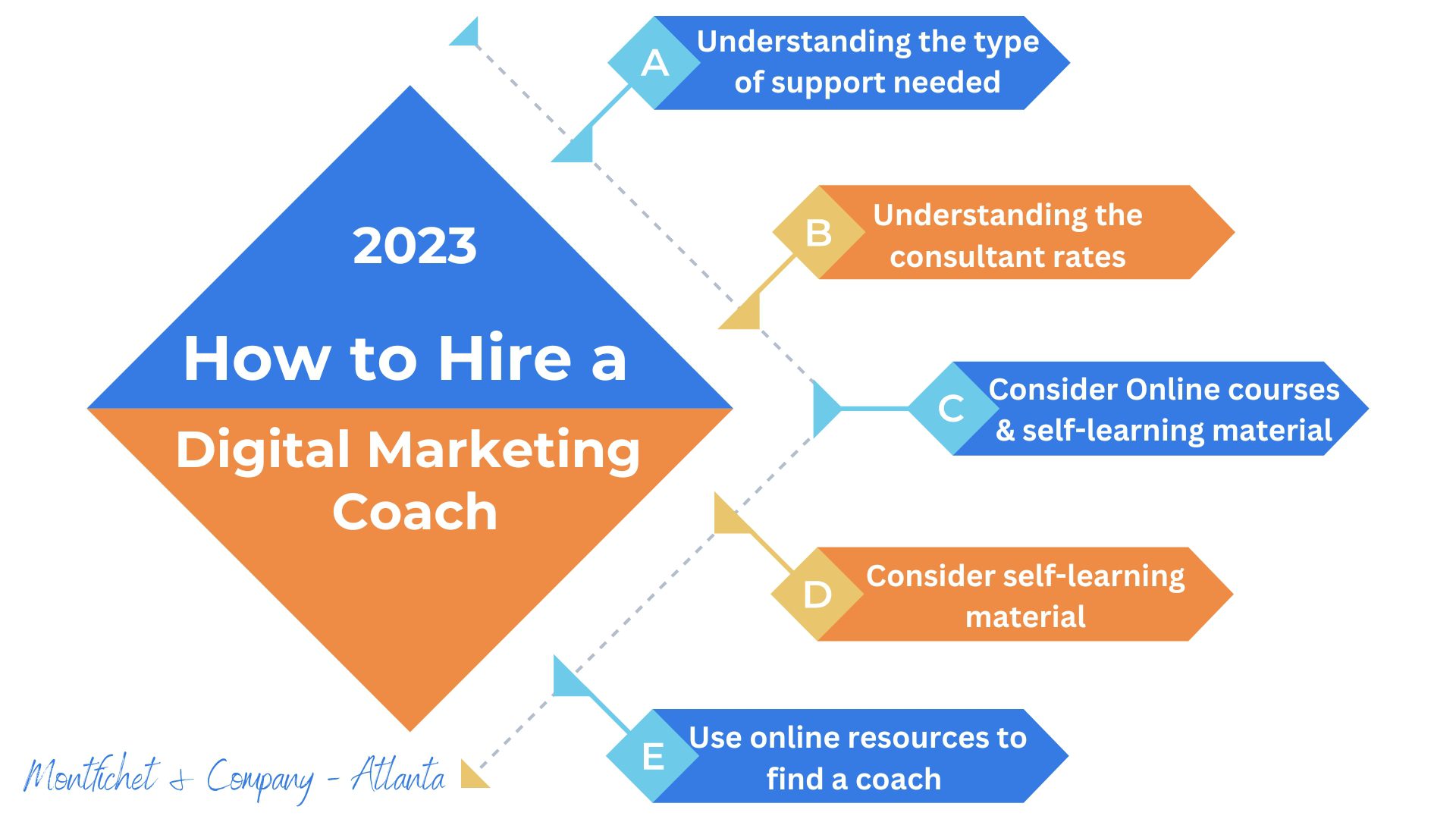
Online Courses & Self-Learning Material
Online courses and self-learning material can be invaluable tools to help you become an expert in nearly any field. This is especially true for digital marketing, which requires a deep understanding of technology, analytics, and consumer behavior. With the right online course or self-learning material, you can get up to speed quickly on the latest strategies and tactics to make your business more successful.
Online courses can be beneficial when you’re looking for a comprehensive understanding of marketing. You’ll get an overview of various strategies and tactics and how they all fit together to form an effective plan.
With the right course, you’ll gain access to a knowledgeable coach who can help answer your questions and provide guidance throughout the process. It’s a great way to ensure you have the support and guidance you need to succeed in your strategies.
With self-learning material, you can understand principles without committing to a fully online course or enrolling in an expensive class. Self-learning materials often focus on one specific aspect, such as SEO, email marketing, or social media. This can be a great way to learn the basics and build up your knowledge before taking an online course or attending a workshop. It can also be a great way to stay up-to-date on the latest strategies and tactics, as self-learning materials are often updated frequently.
There are numerous online platforms offering courses and self-learning materials in various subjects. Here are some of them:
- Coursera: This platform partners with universities and organizations worldwide to offer courses on various topics. Coursera courses include pre-recorded video lectures, peer-reviewed assignments, and community discussion forums.
- Udemy: Udemy is an online learning platform aimed at professional adults who want to add new skills to their resumes or explore their passions. Unlike academic MOOC programs driven by traditional collegiate coursework, Udemy uses content from online content creators to sell for profit.
- LinkedIn Learning (formerly Lynda.com): Offers courses taught by industry professionals in software, creative, and business skills. It’s a subsidiary of LinkedIn.
- edX: A massive open online course provider hosting university-level courses in a wide range of disciplines to a worldwide student body, including some courses at no charge.
- Khan Academy: A non-profit educational organization that provides free video tutorials and interactive exercises. The Academy’s declared mission is “to provide a free, world-class education for anyone, anywhere”.
- Codecademy: An online interactive platform offering free coding classes in 12 different programming languages.
- OpenLearn: Free learning from The Open University. It gives you free access to course materials and expert opinions on topical issues.
- MIT OpenCourseWare: MIT OpenCourseWare is a web-based publication of virtually all MIT course content. OCW is open and available to the world and is a permanent MIT activity.
- Google Digital Garage: Offers free online marketing training to gain digital skills that help you grow your business or career.
- Duolingo: A platform where you can learn languages for free. It’s fun and scientifically proven to work.
Remember, the effectiveness of online learning depends on your dedication and the quality of the courses. Don’t hesitate to read reviews and do your research before enrolling in a course.
Regardless of your route, it’s important to remember that digital marketing is an ever-evolving field. To keep up with the latest trends, you’ll need to rely on knowledgeable and well-versed professionals in the industry. A coach is an invaluable asset that can help your business reach its online goals. So, take your time and do your research — it’ll be worth it in the end.

About Montfichet & Company
Atlanta, Our team of experts at Montfichet & Company – Atlanta, can not only build your business website, but we can manage the process while allowing you to work in your business. We provide Industry research & market analysis to provide efficient content for the Website. We also partner with our sister company, The Trusted Automation, to help business owners or aspiring business owners and innovators obtain the training need to push to deliver exceptional results. If you found this article beneficial, feel free to leave a comment below. We are located at 3343 Peachtree Road Ste. 180-581 in Atlanta, Georgia. You can also email our team of experts directly at Atlanta@montfichet.com or contact us at 404-900-9814 for more information.




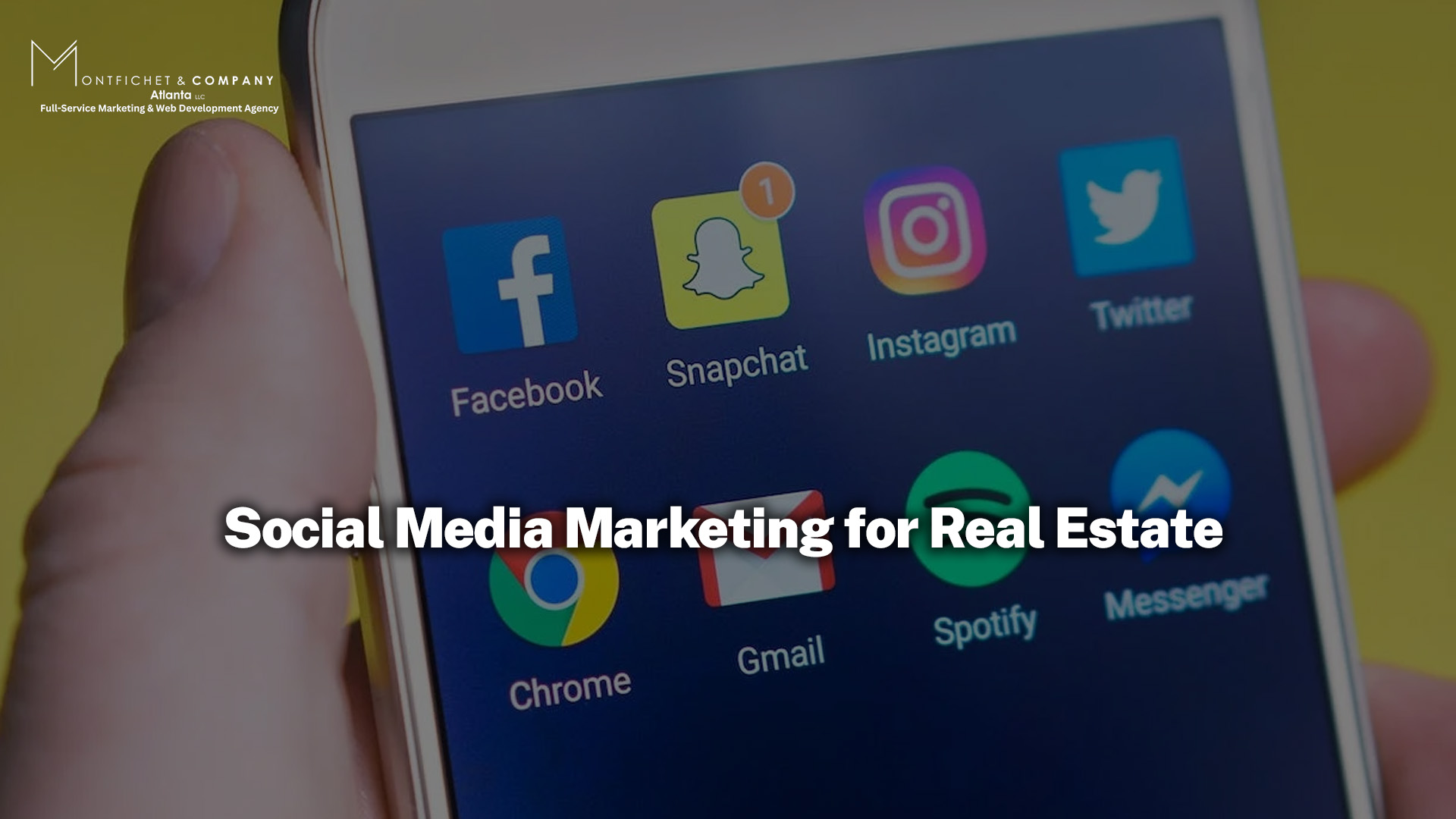





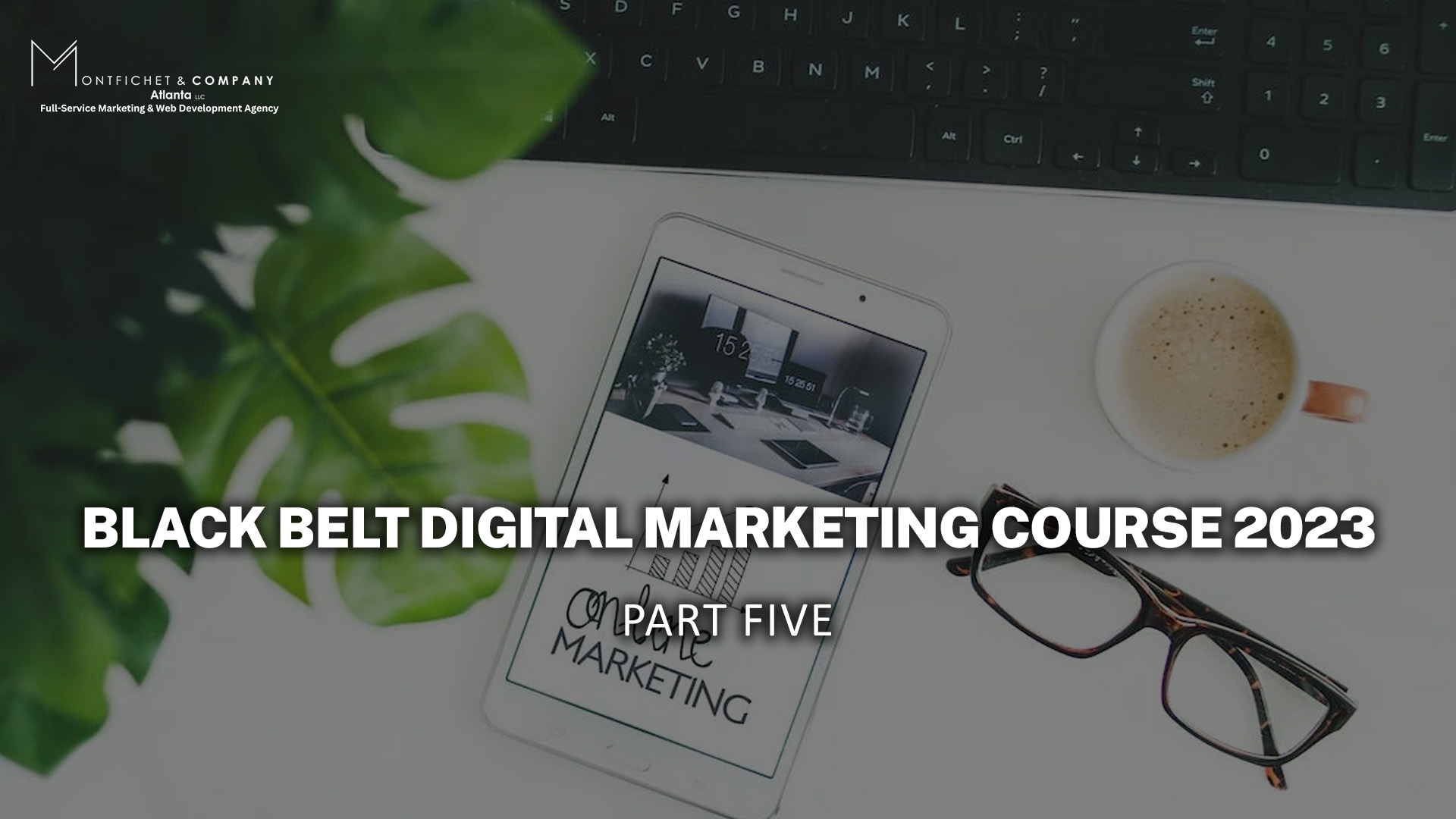






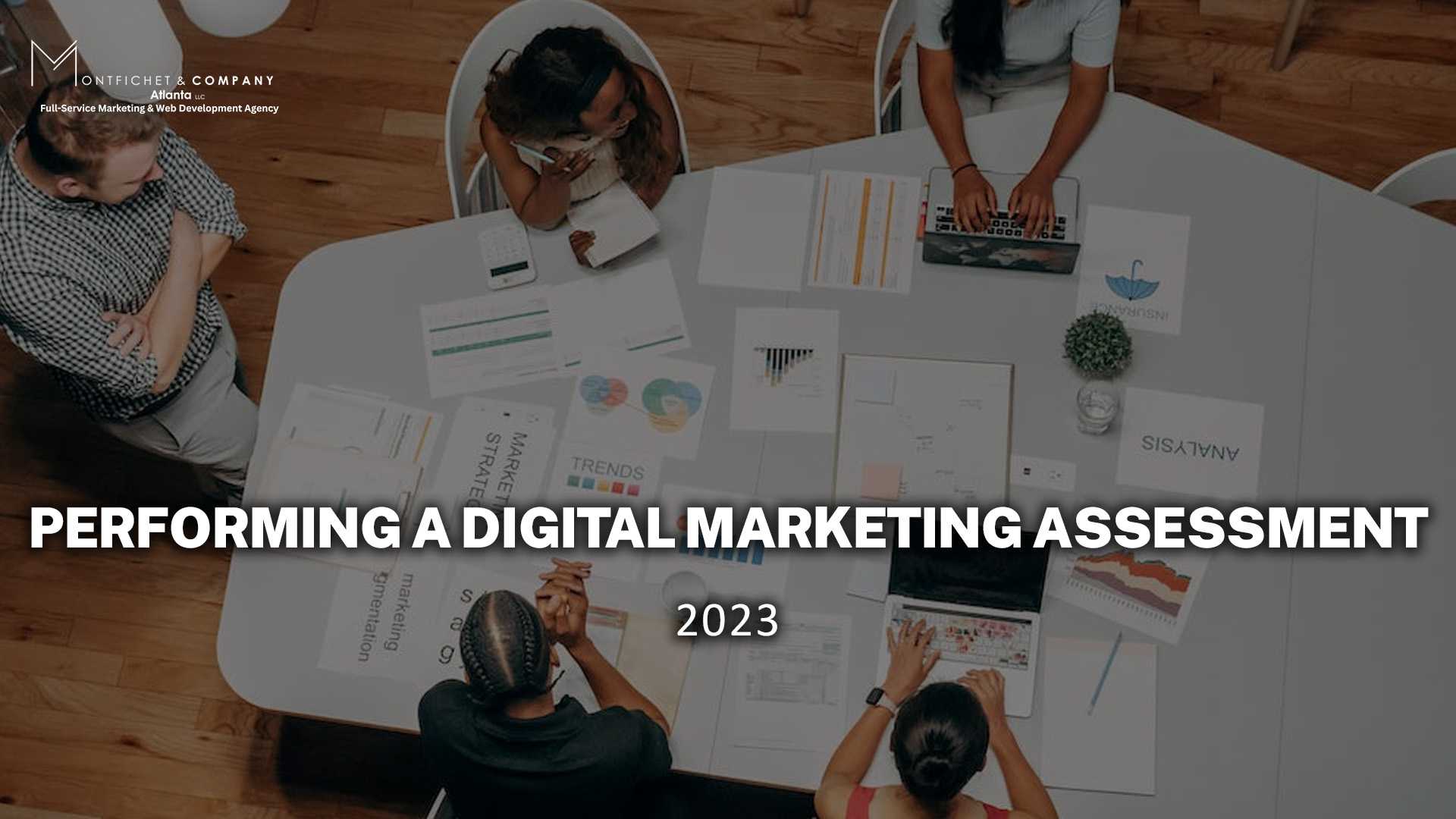





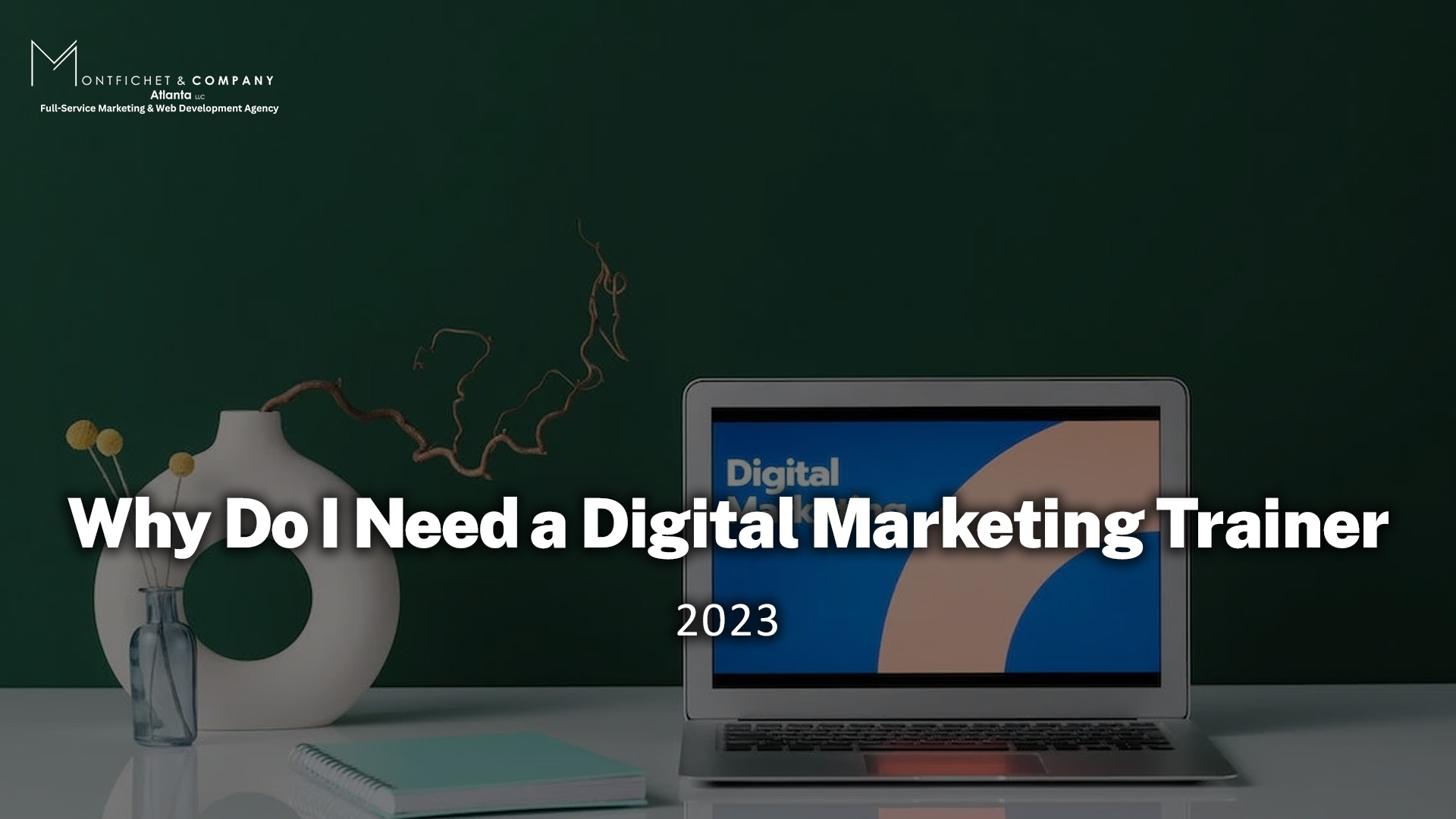





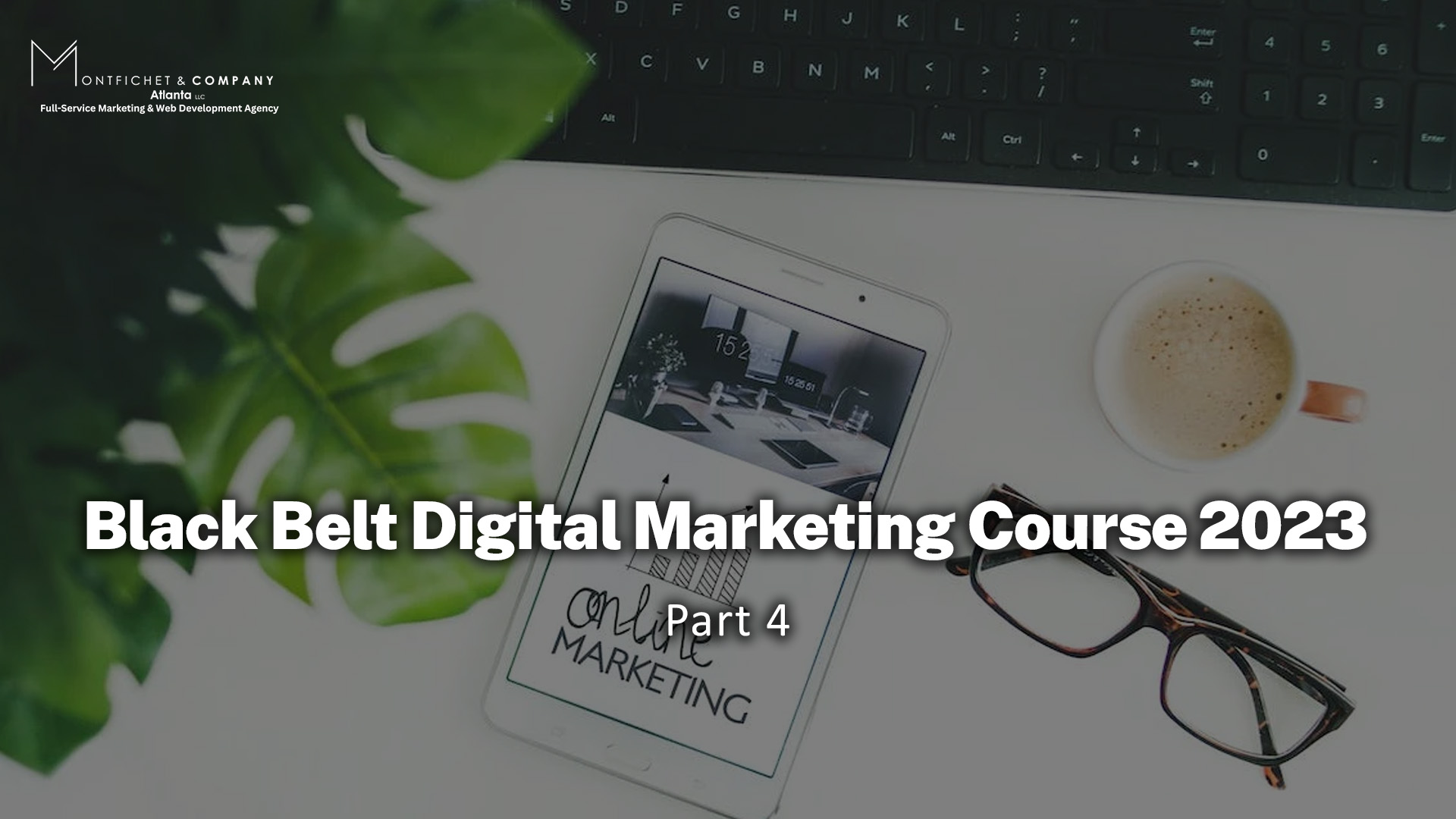





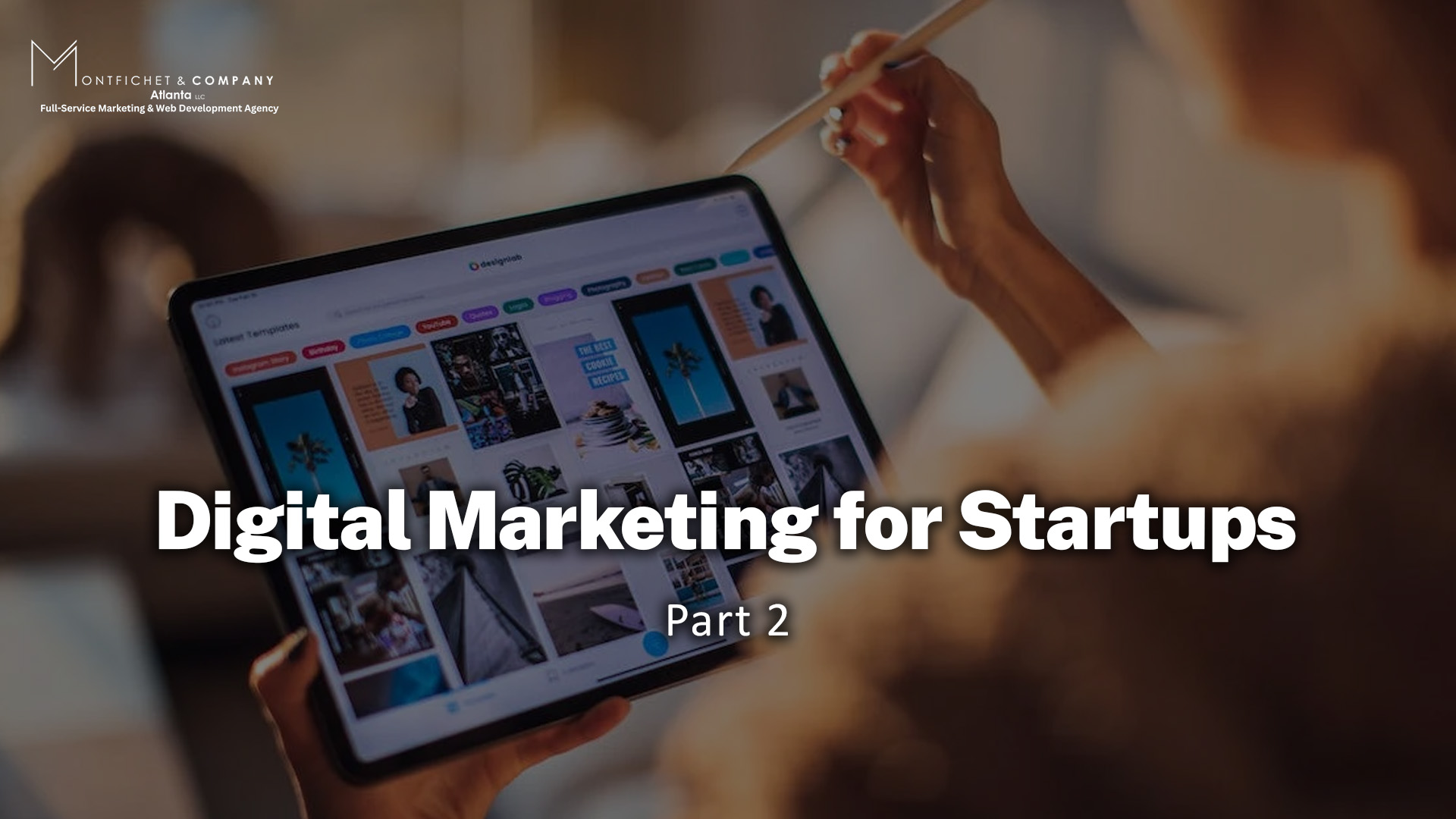
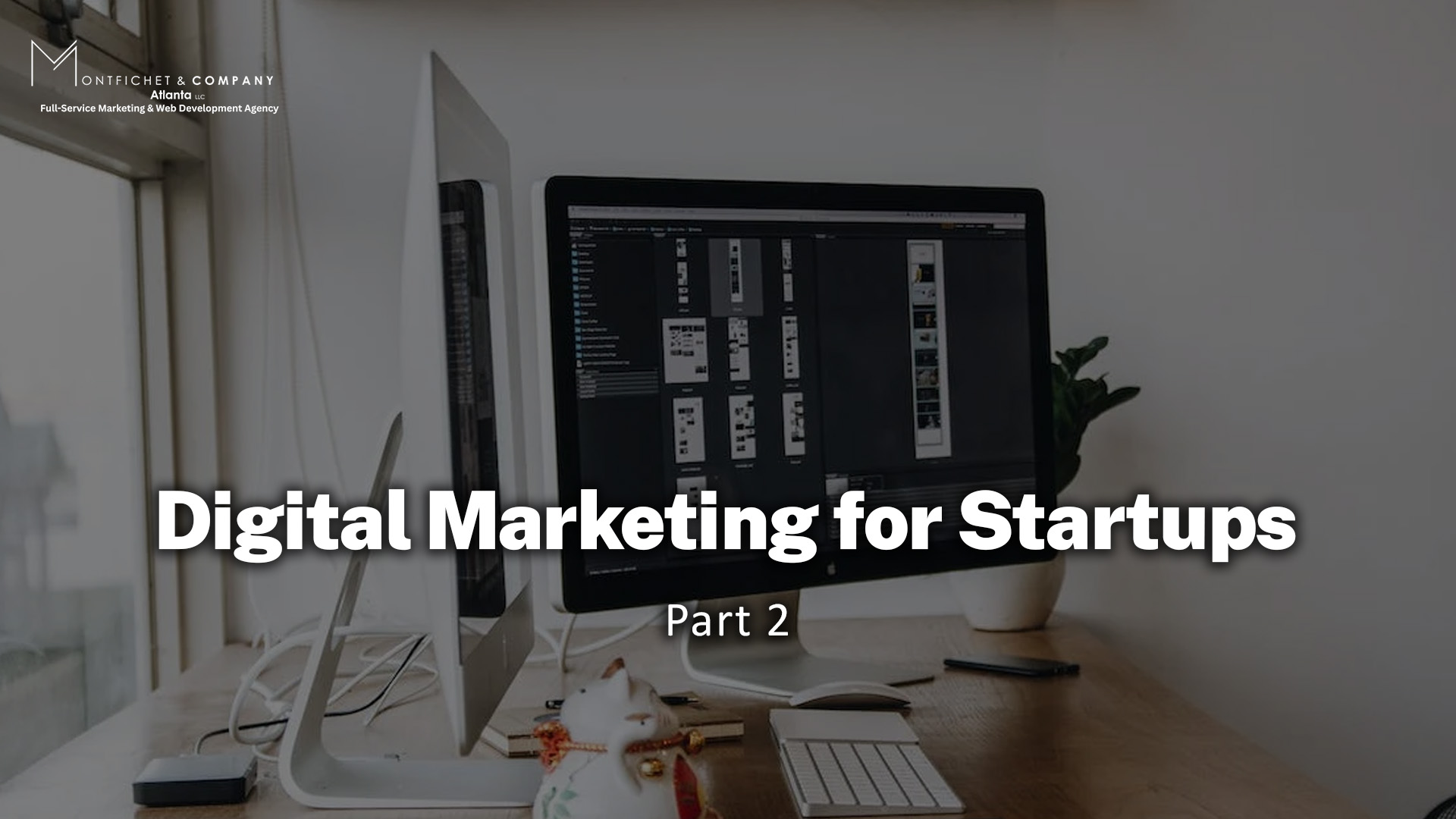
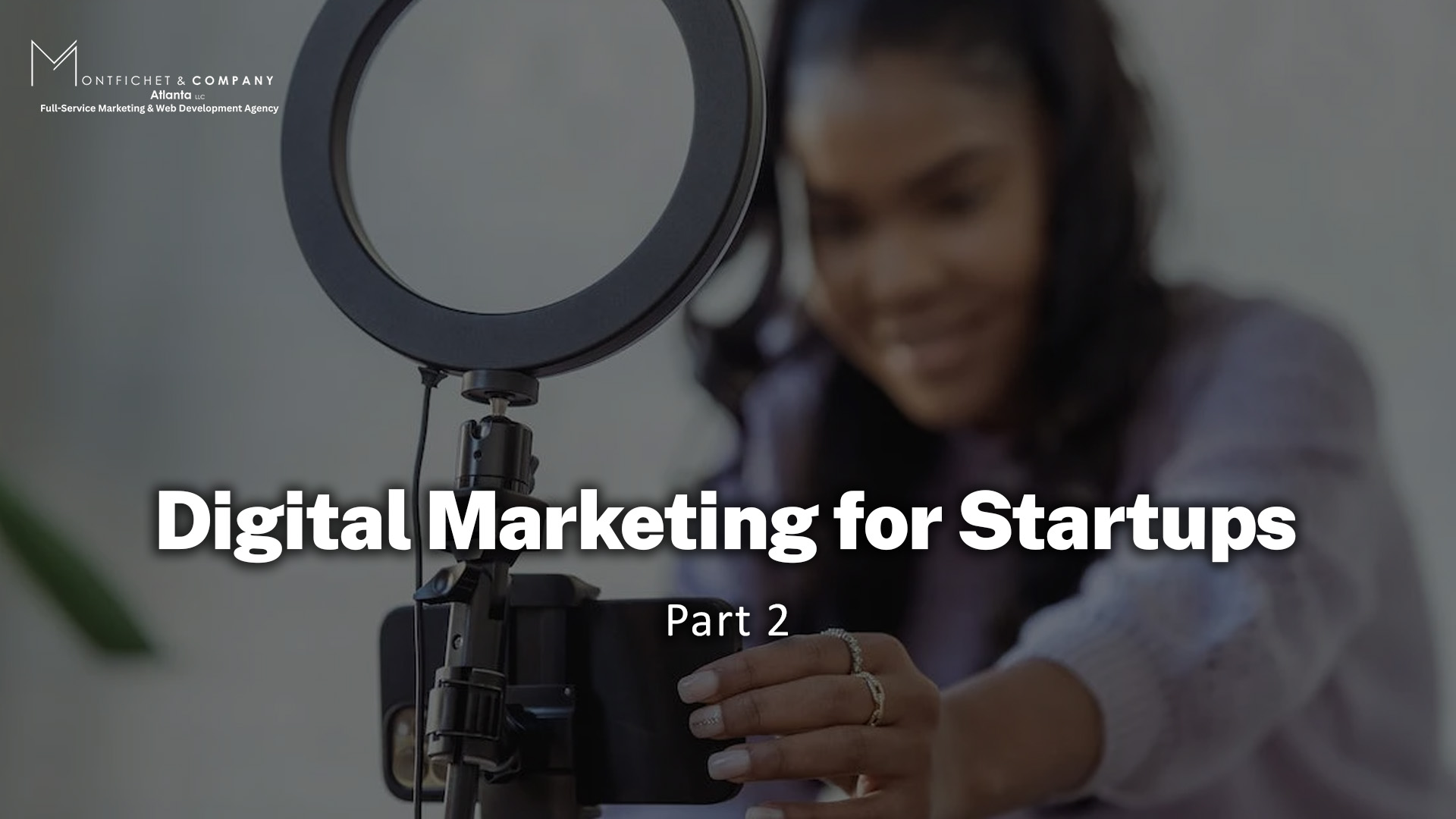
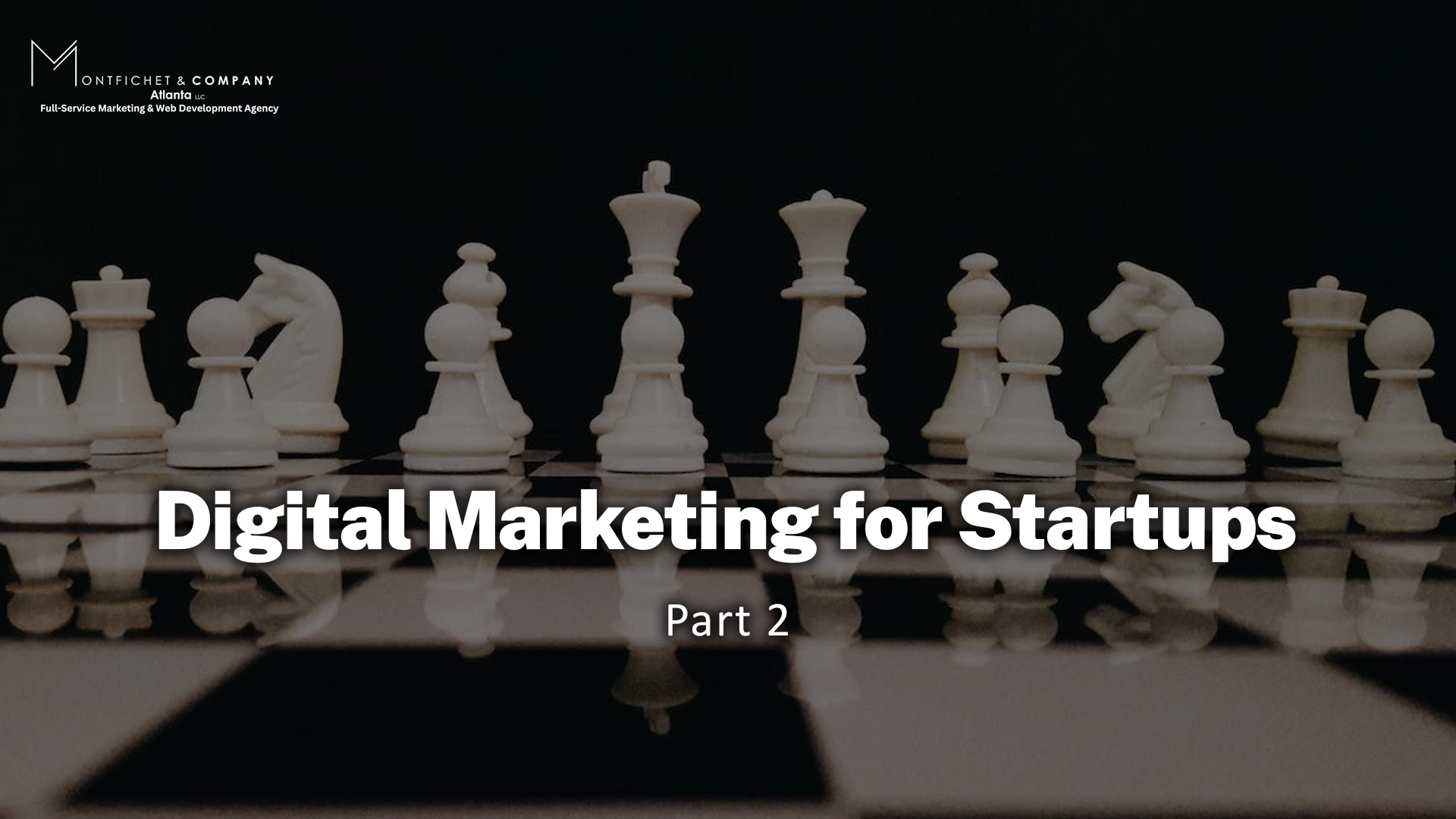
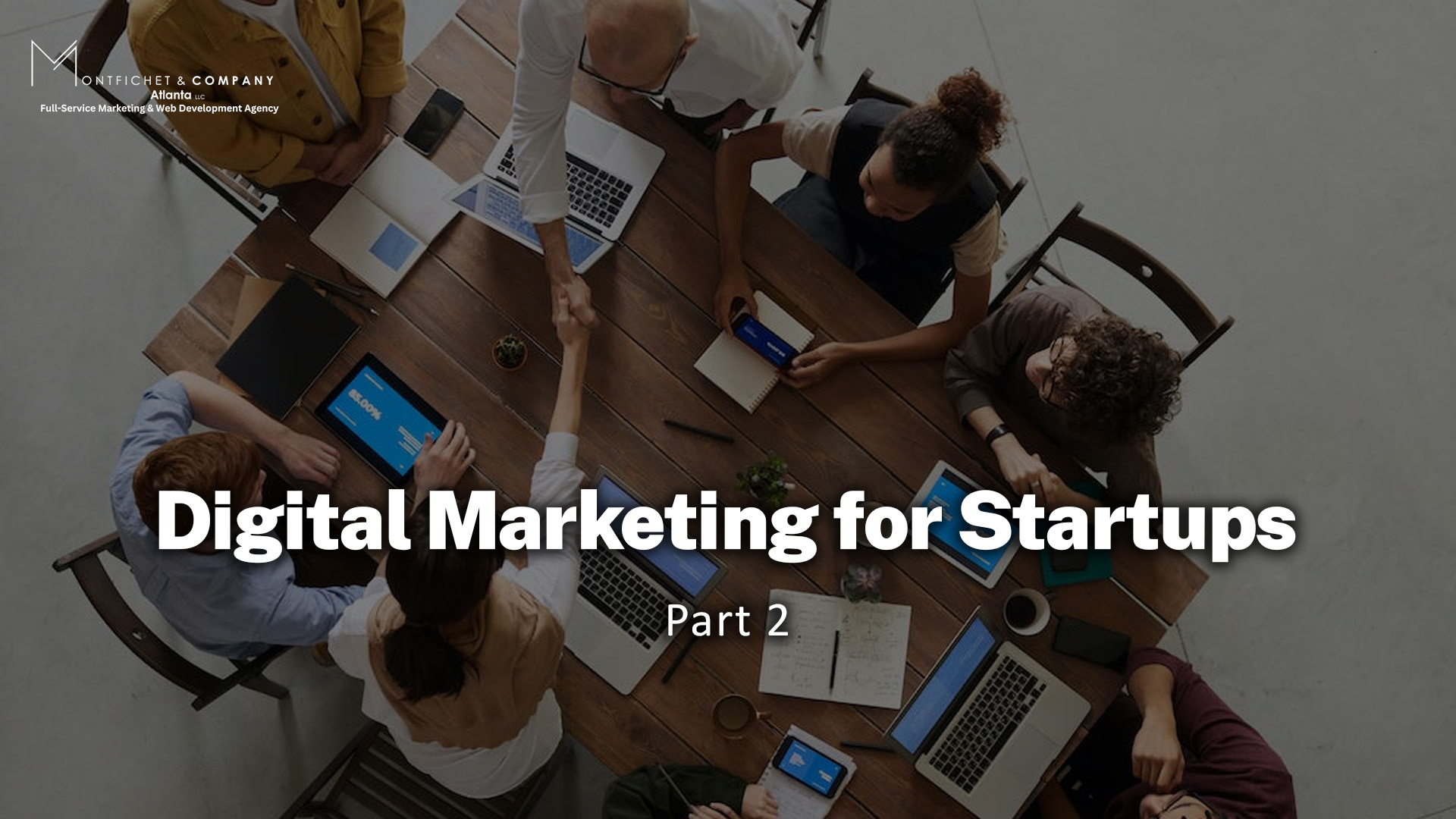
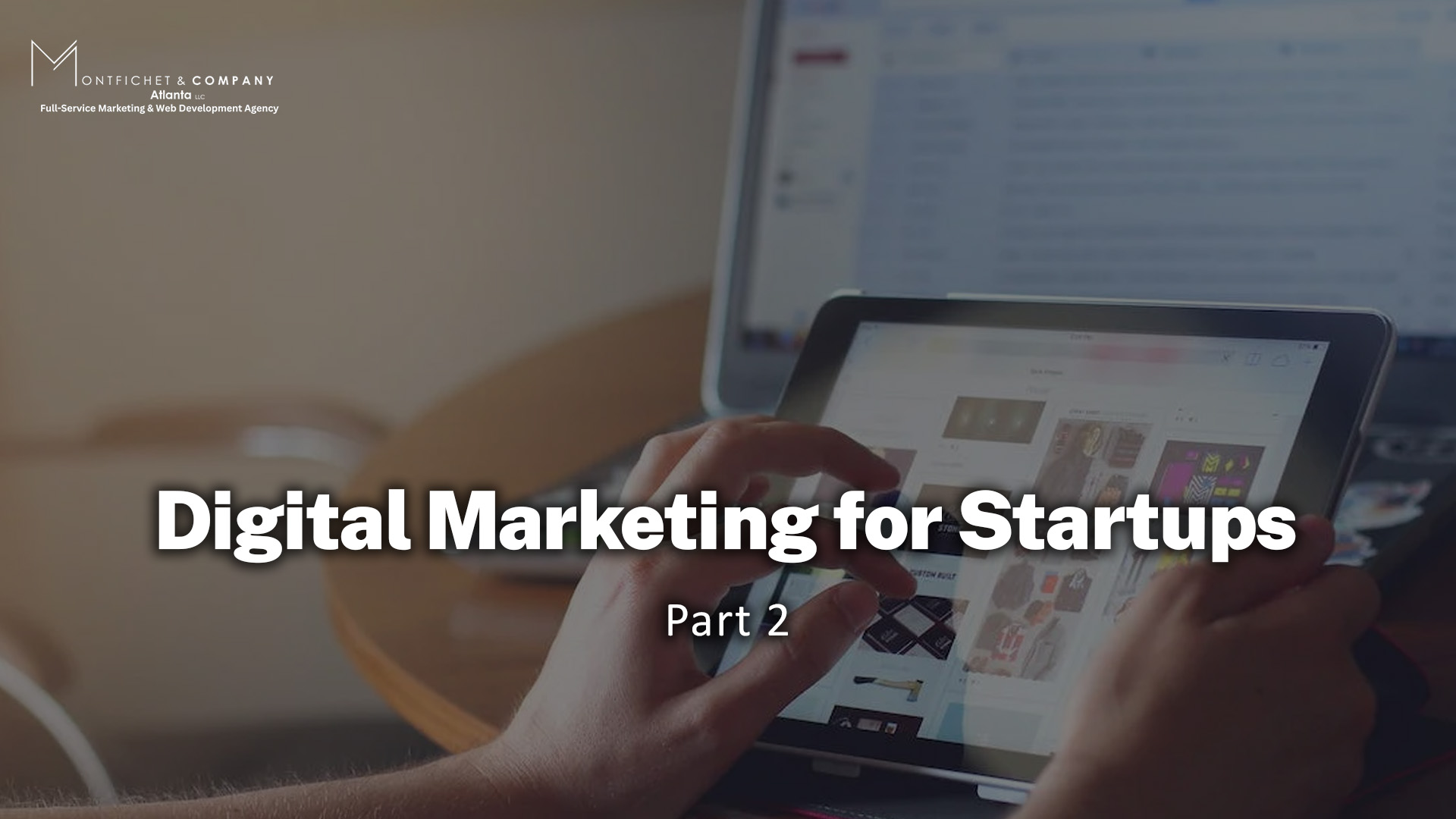
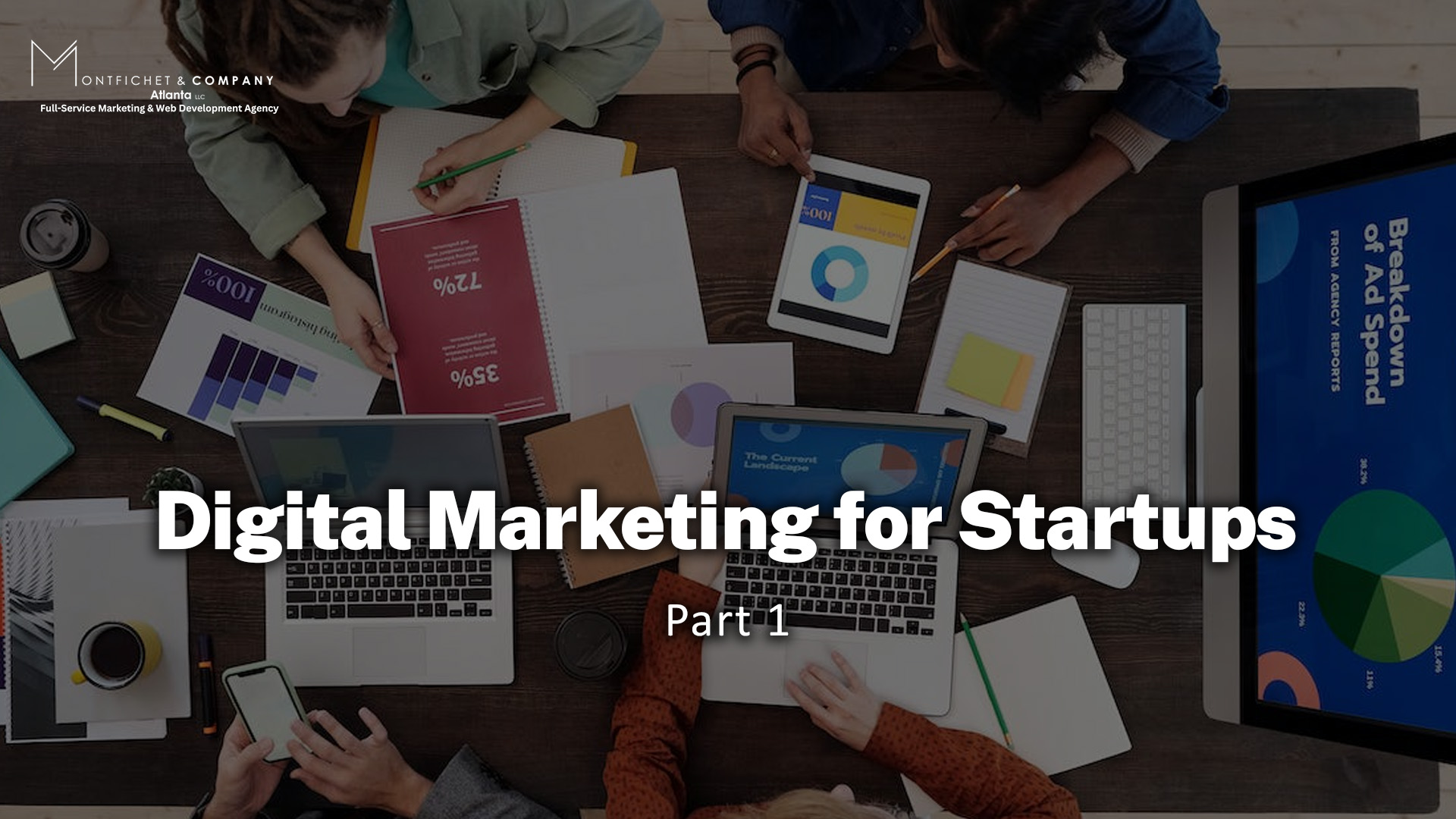
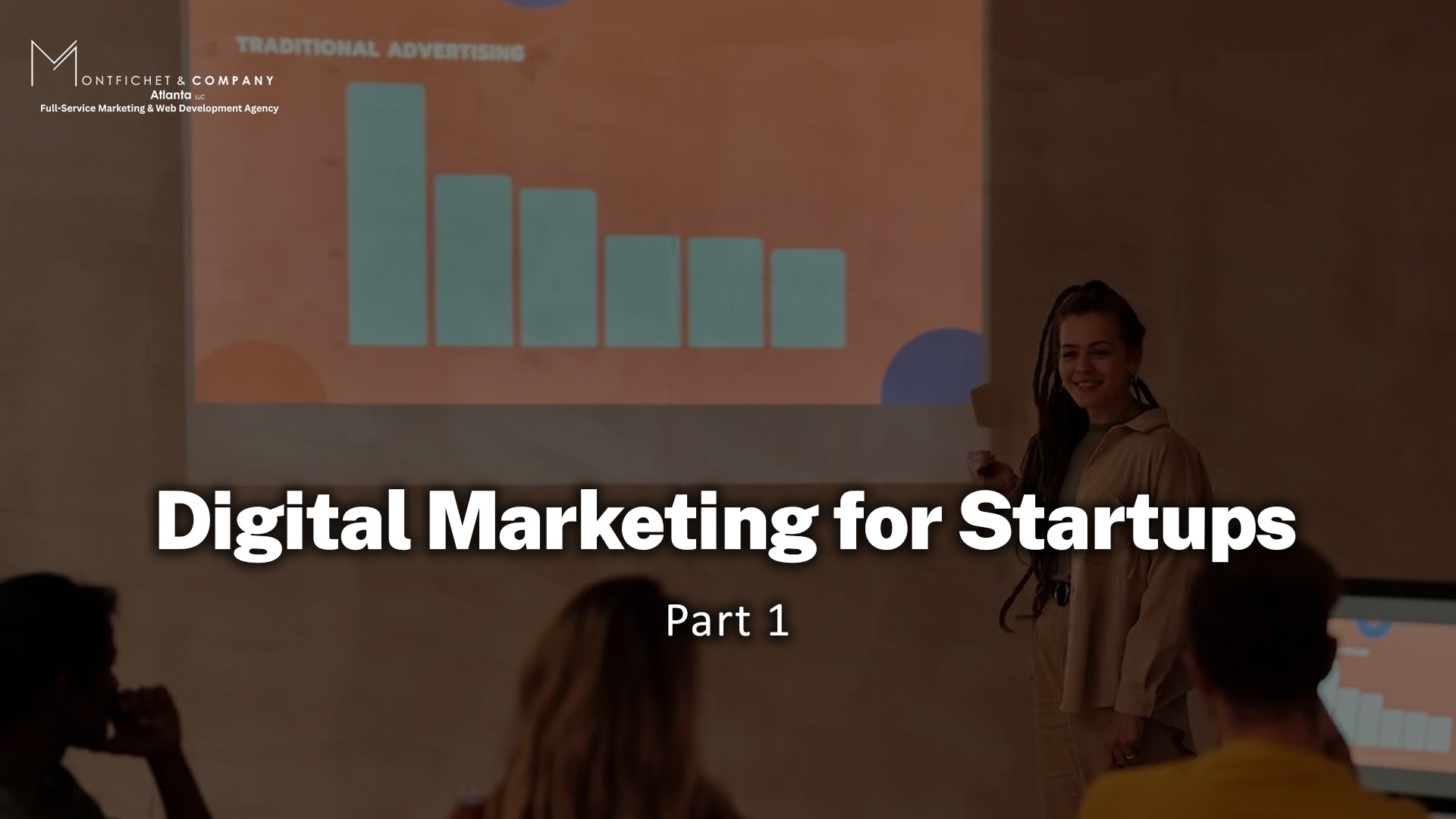
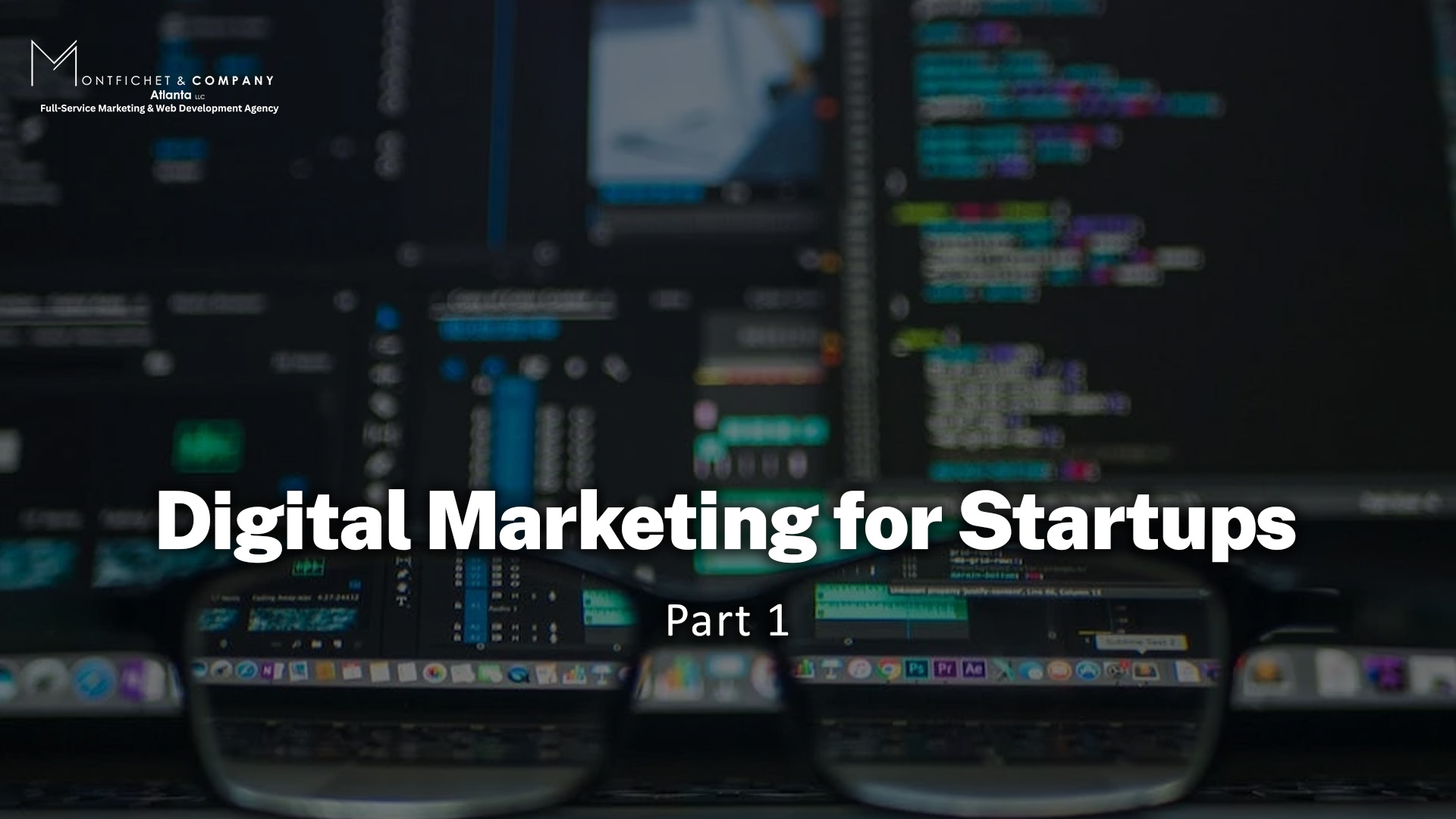


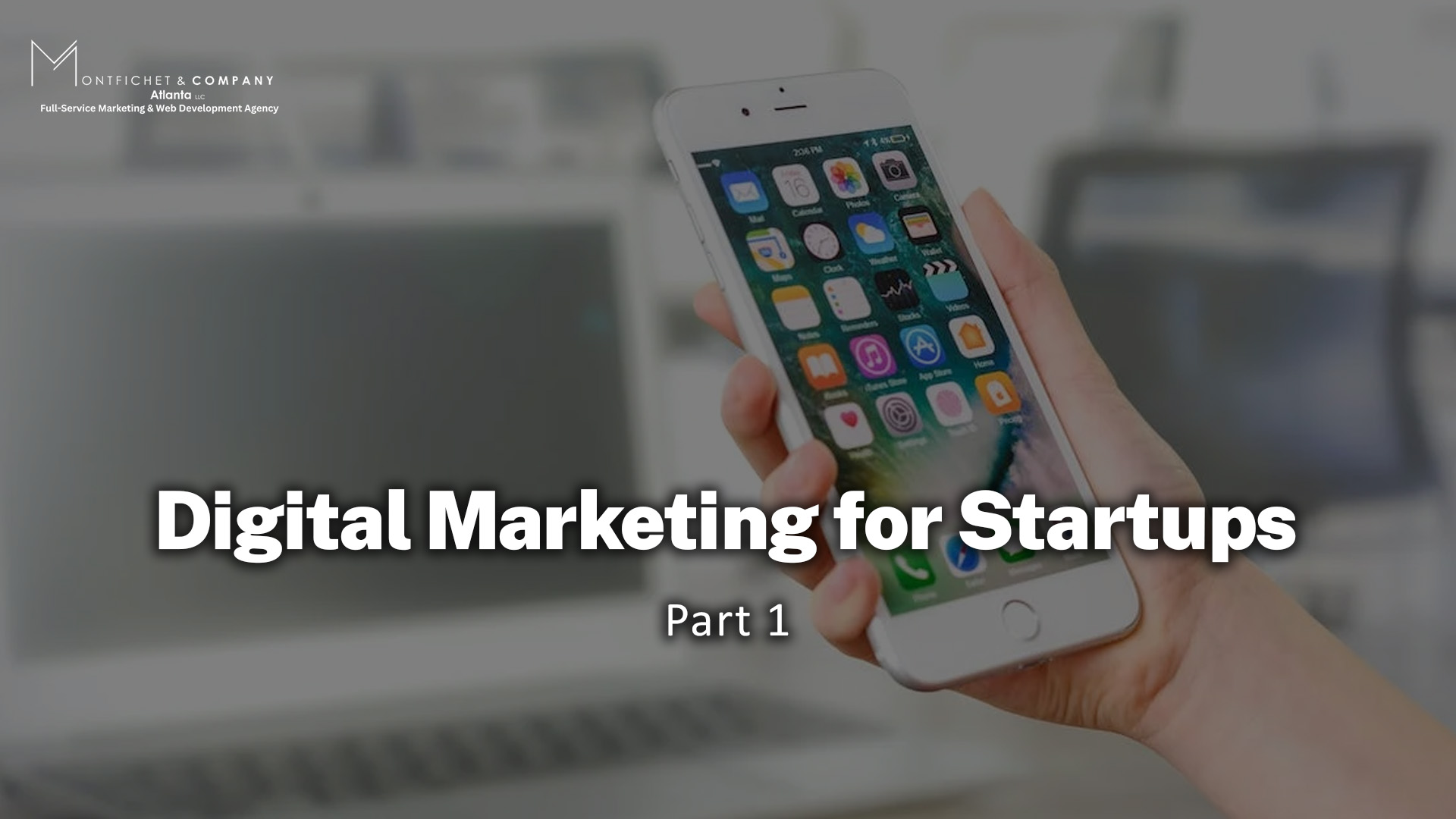
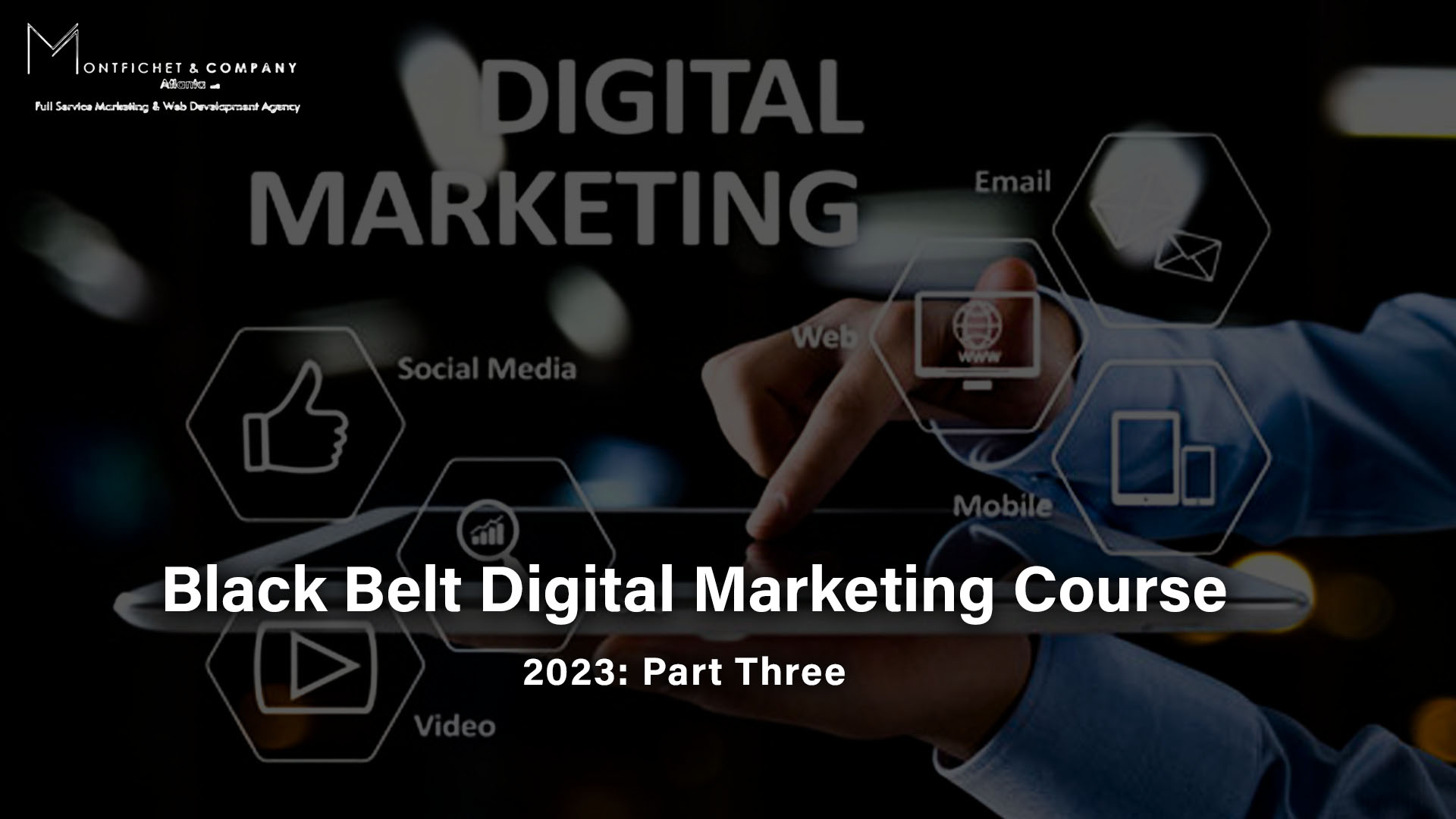
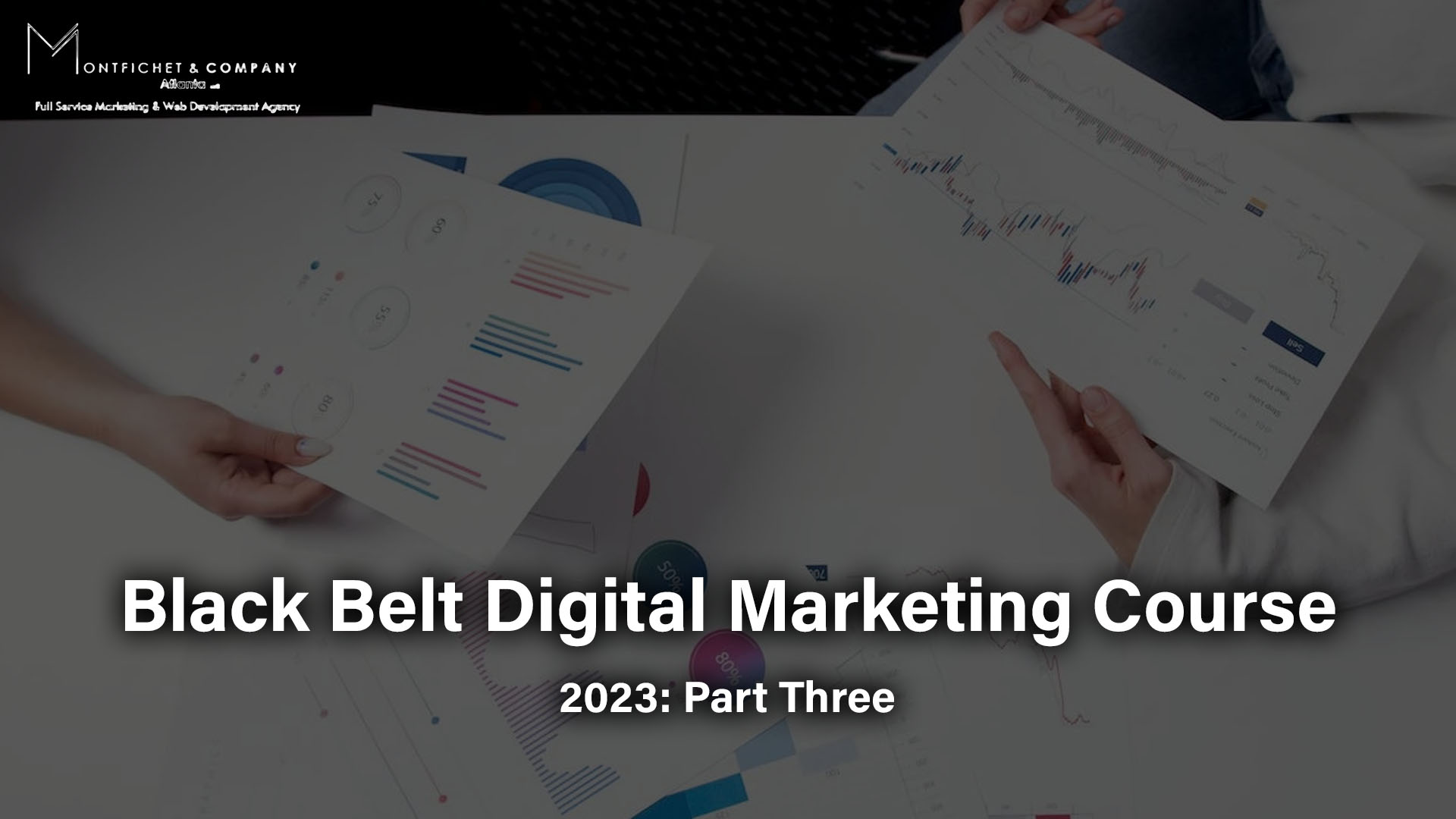
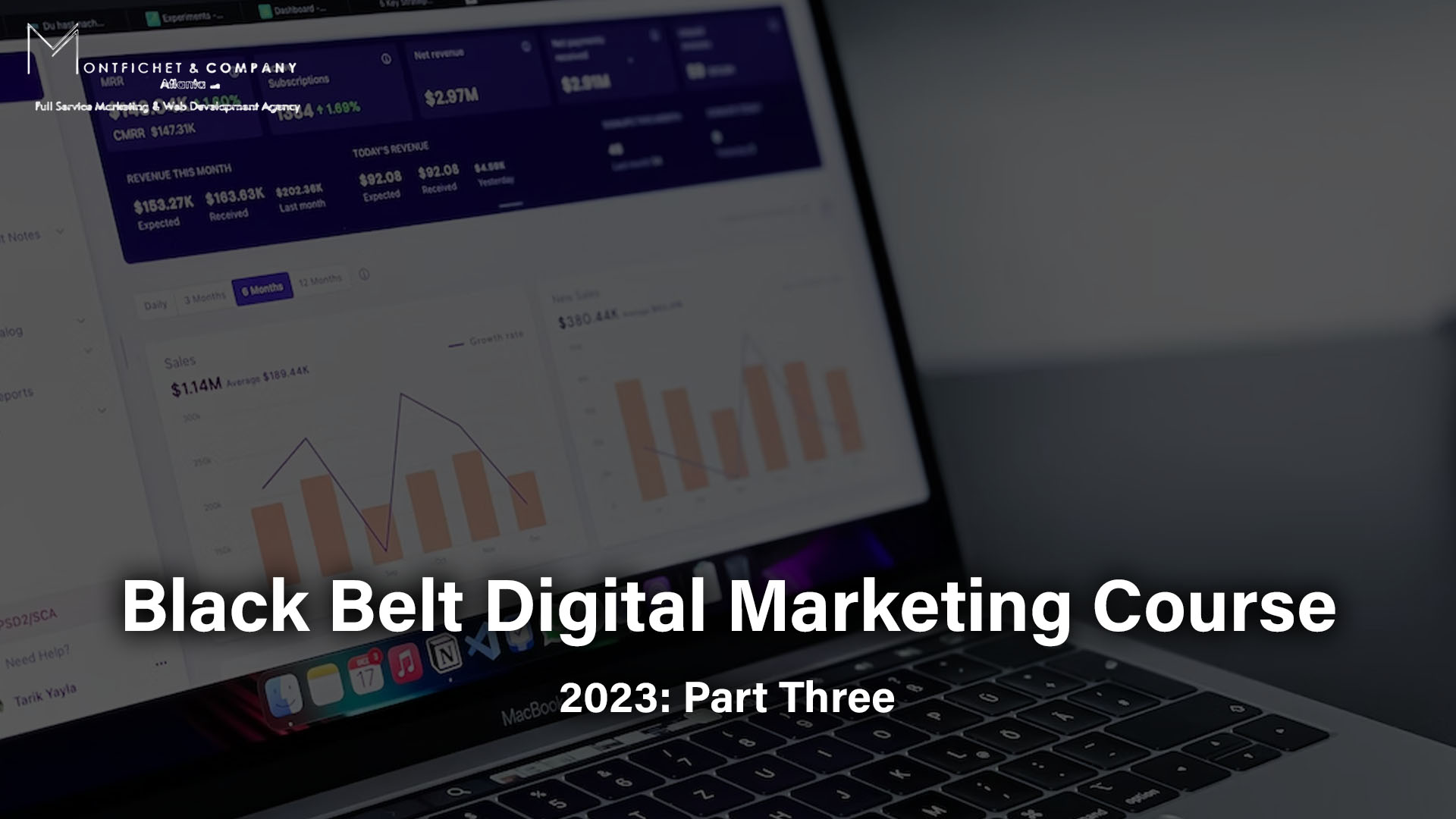



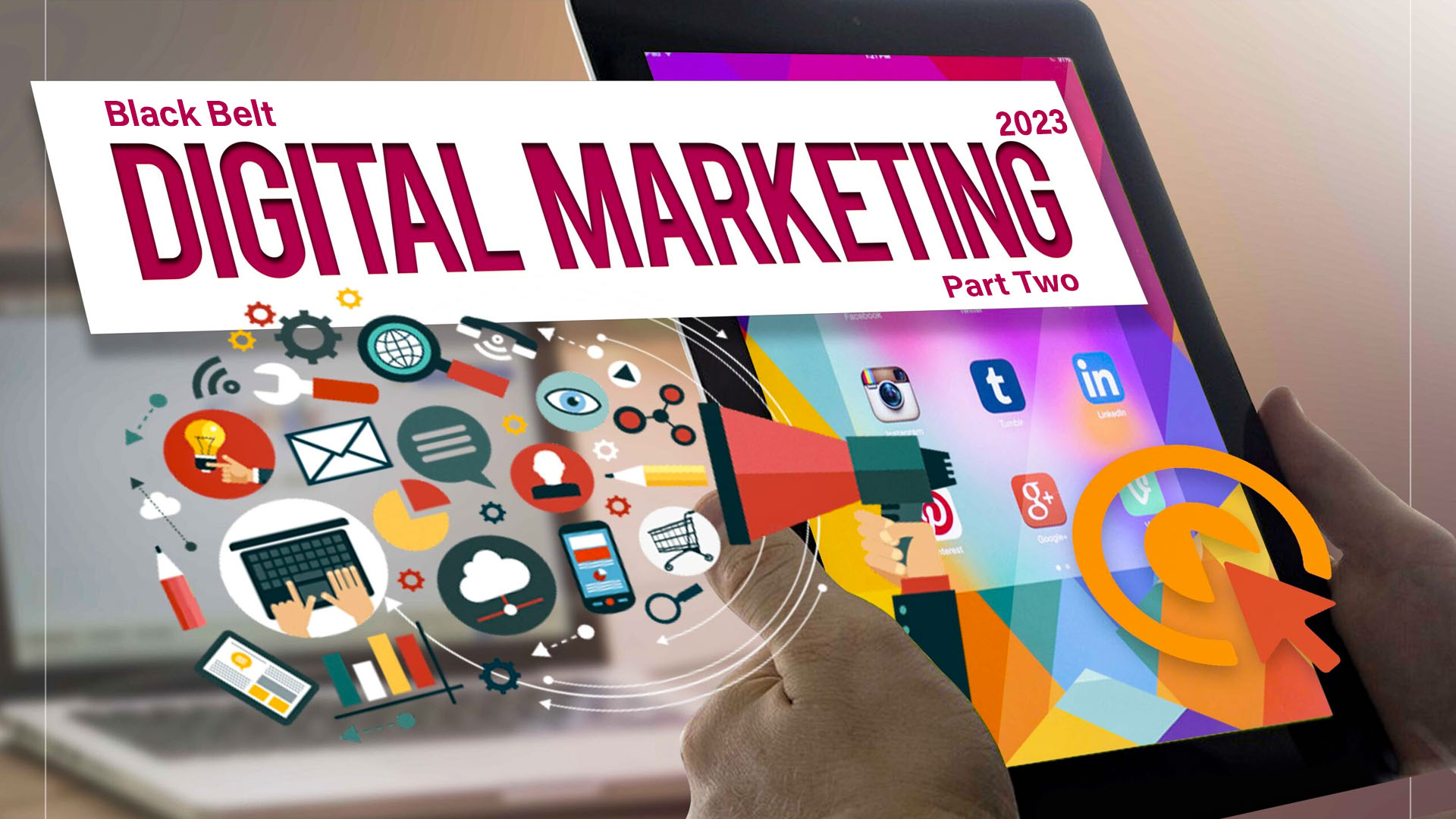
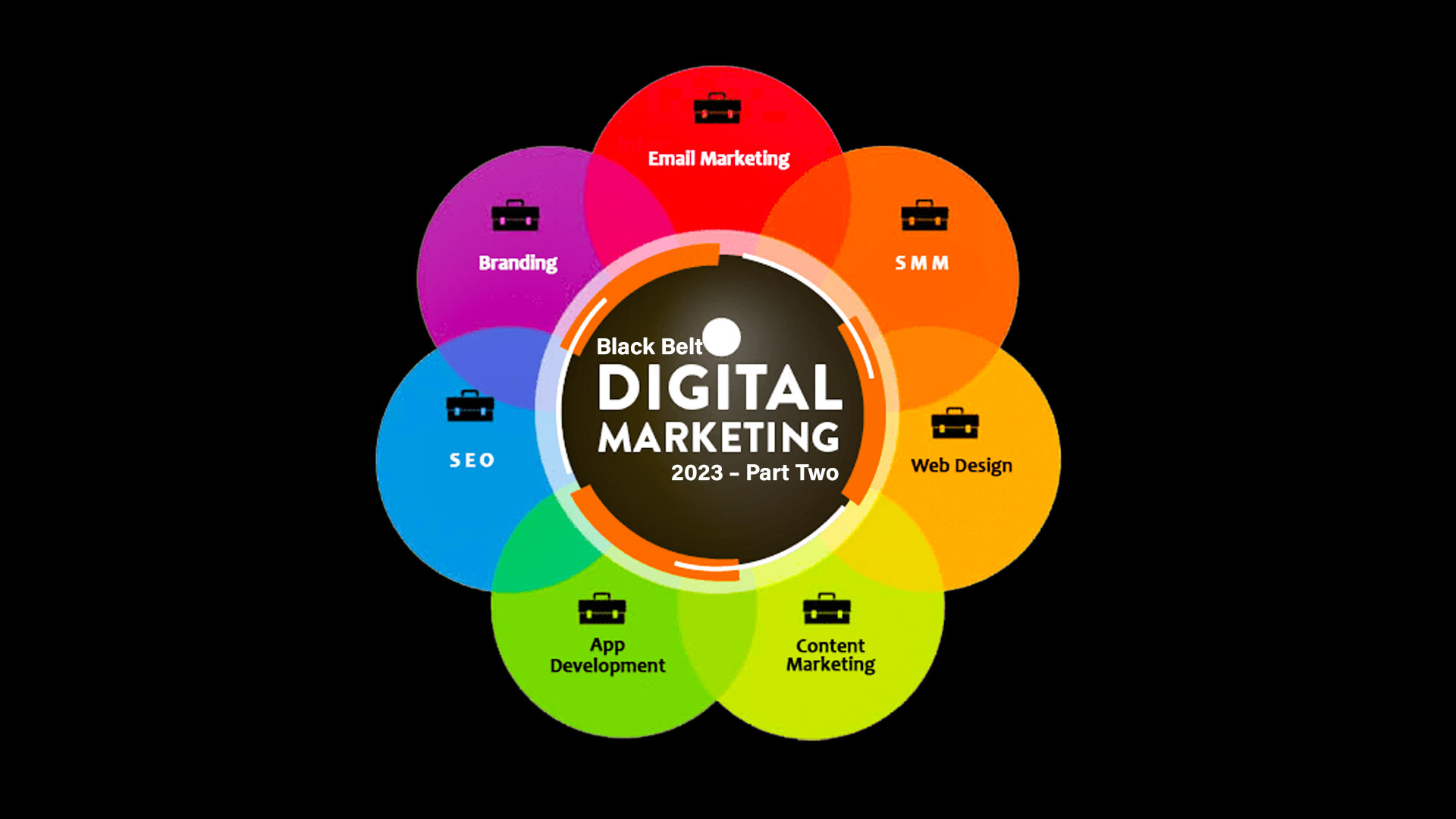
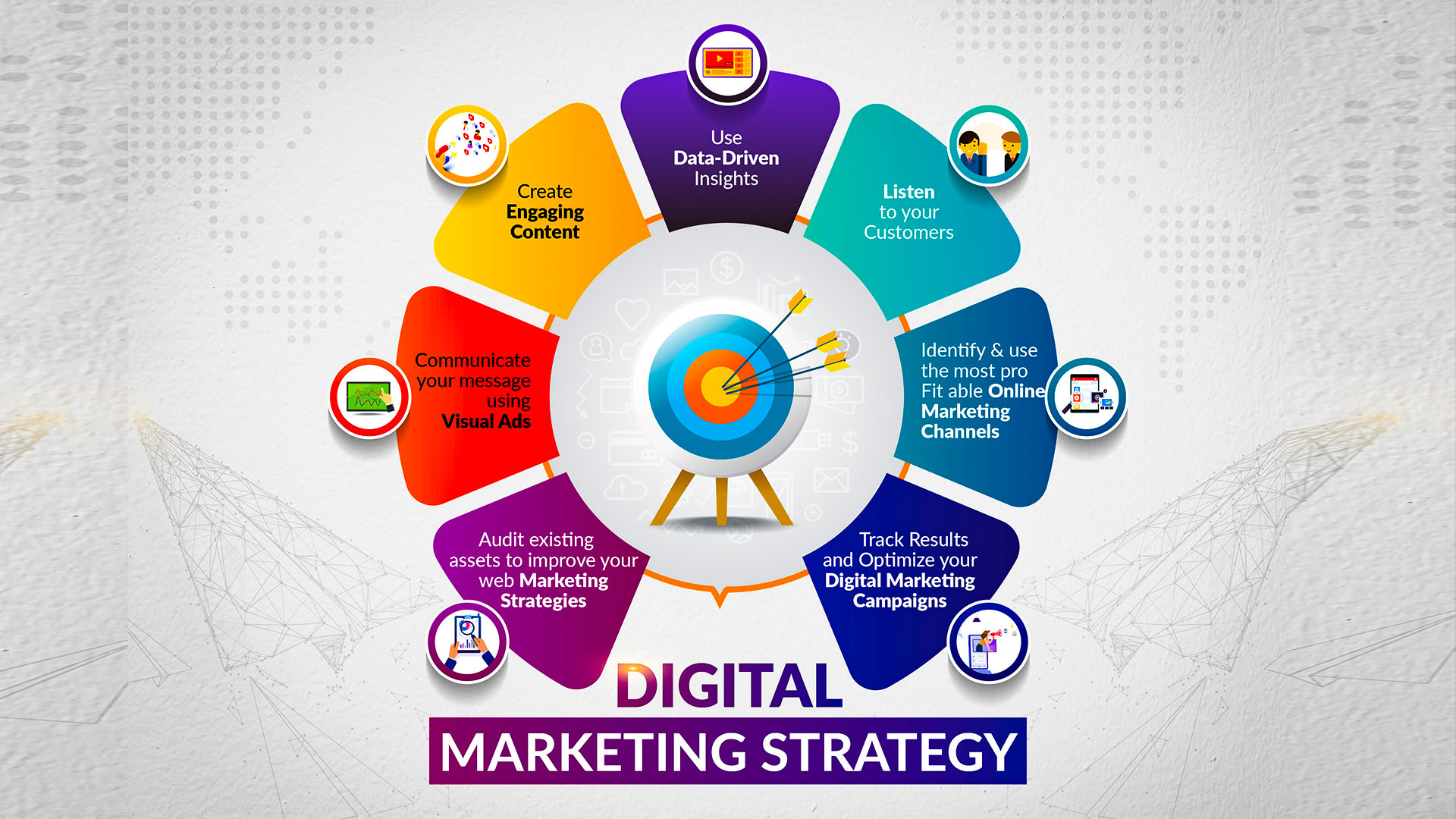
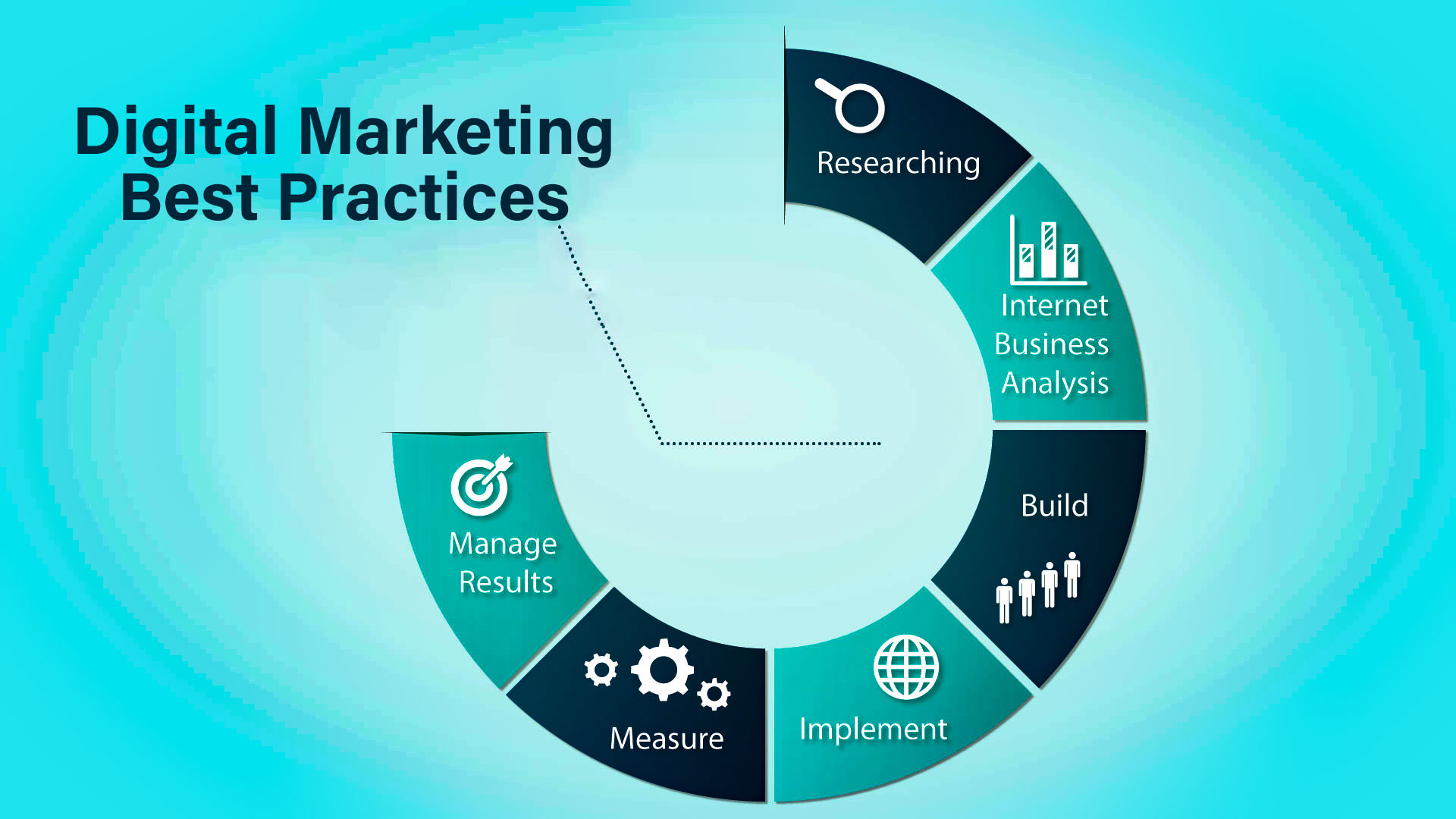






Recent Comments